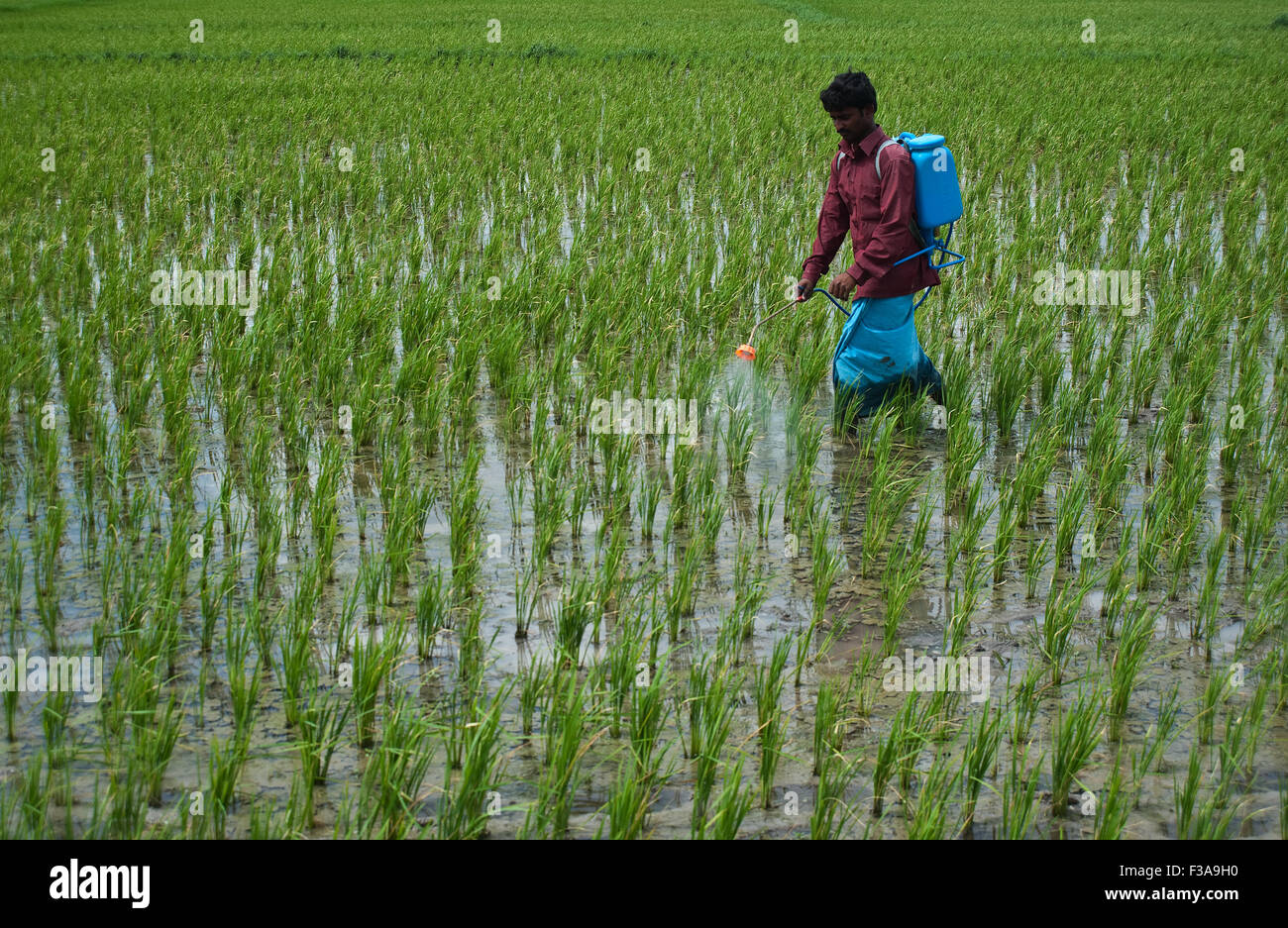
PMB 2020 embraces the provision of regulating the import, manufacture, sale, transport, distribution, and use of pesticides in order to prevent risk to human beings and animals. Currently, there are around 1,175 pesticide molecules of both chemical and biological origins used in the world, out of which around 292 molecules are registered for use in India. The new Pesticides Management Bill (PMB20) recently announced offers the policymaker and the industry an opportunity to redesign the existing regime in line with global developments and safeguard the farmers’ interests and the country’s agriculture sector. Thus, the farmers need quality inputs, including pesticides for seed treatment. Moreover, the farmers are currently passing through a difficult phase due to the COVID-19 pandemic, facing real problems related to agricultural operations (including weeding, pest and disease control), transportation, and marketing. The farming community is not wrong in wanting the entire process to be based on scientific evidence, logic, and handled in a phased manner. Also, only 3 of these pesticides actually fall in the “hazardous” category. A sudden ban on commonly used generic pesticides without any suitable alternative is bound to have an adverse impact on crop productivity. Though only 27 pesticides (8 fungicides,12 insecticides, 7 herbicides) are proposed to be banned, it will also lead to the loss of 134 formulations. Lose confidence in our Country and may shift their orders to other countries.

Over here, it should also be noted that the Gazette Notification, dated, issued by the Government of India, proposing a blanket ban on the use of 27 generic pesticides, has come as a surprise and caused real concerns among the farmers, scientists and the industry, not only in India but internationally also as a number of countries importing, were dependent on our Country and in future may In order to protect the farmers from substandard products, greater attention is needed for post-registration monitoring mechanisms to weed out ‘fly-by night’ operators, thus ensuring production and use of high-quality pesticides only. Whatever reason maybe, but it seems it is happening in connivance with unscrupulous traders and Govt officials.Īn additional challenge arises from the use of registered pesticides mainly on 74 high volume crops, and vulnerability on other crops because of lack of label claims.

#Insecticides and pesticides in india registration
This is due to a variety of reasons, mainly the lack of incentives for innovation such as IPR and data protection, inadequate product diversification, lack of awareness about the safe use of pesticides, the proliferation of registrations, a relatively fragmented industry, long gestation period for registration of new products and the product quality assurance both at manufacturing and at field level because of the not following the Insecticides act and rule 1 by implementing authorities. This is where the main problem lies – there is relatively fewer efforts on research and development (R&D) in this field. What is needed right now is a balance and this can only be done with investments in R&D that result in pesticides within existing environmental regulations. The flipside is that there is hardly any risk to the environment and health if pesticides are used as per label recommendations. India’s growth path lies in liberal democracy to earn world’s trust: Raghuram Rajan


 0 kommentar(er)
0 kommentar(er)
